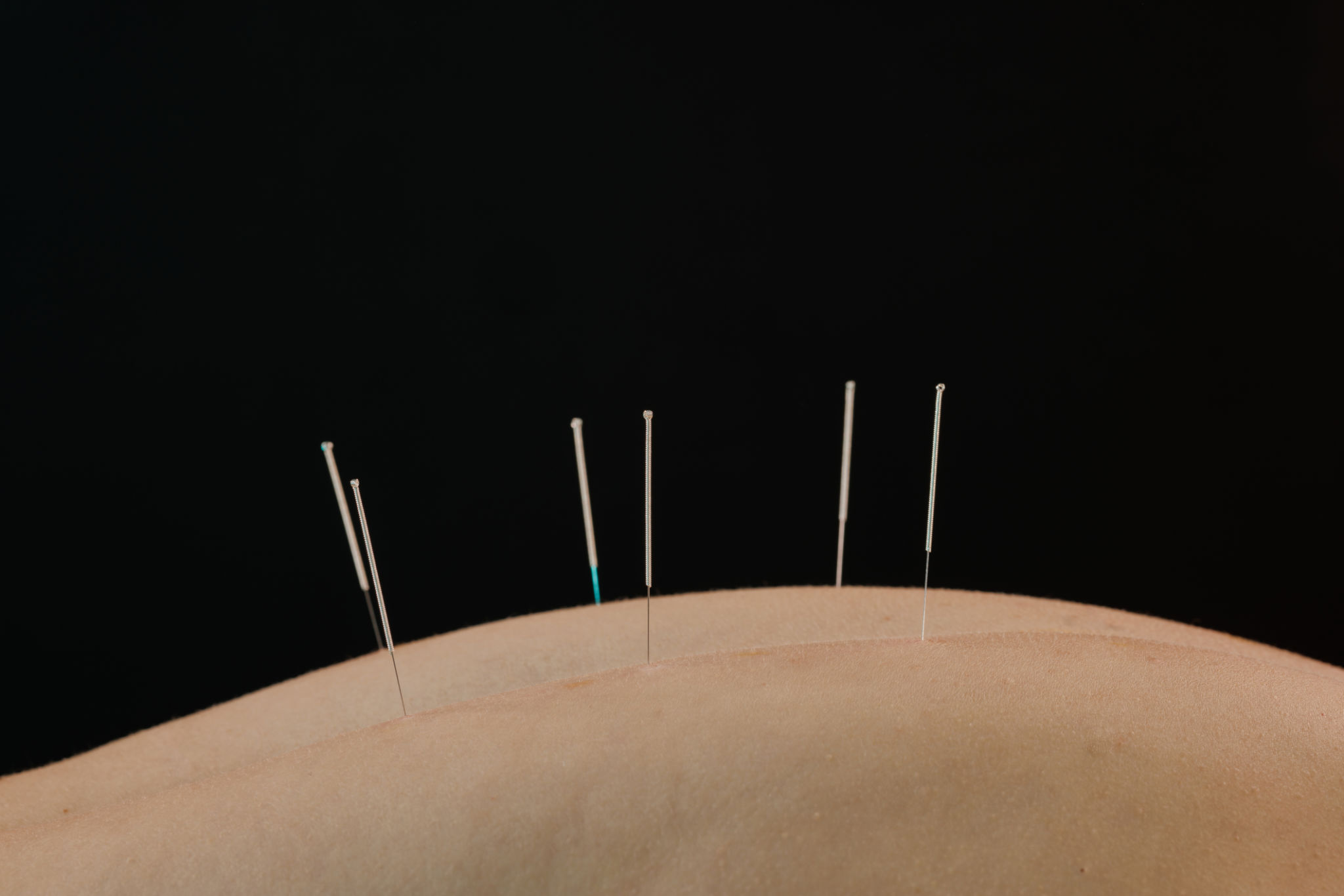Acupuncture vs. Traditional Medicine: Understanding Your Options
Introduction to Acupuncture and Traditional Medicine
In today's healthcare landscape, individuals are often presented with a variety of treatment options when addressing their health concerns. Among these, acupuncture and traditional medicine are two prevalent approaches. Understanding the differences between these options can empower you to make informed decisions about your healthcare.
Acupuncture, a practice originating from ancient Chinese medicine, involves the insertion of thin needles into specific points on the body. It is believed to promote healing and balance the body's energy flow, known as "Qi." On the other hand, traditional medicine generally refers to the Western medical practices that rely on scientific research and clinical trials for treatment.

Benefits of Acupuncture
Acupuncture is lauded for its holistic approach to health. It is particularly popular for managing pain, stress, and anxiety. Its proponents argue that acupuncture can stimulate the body's natural healing processes without the side effects often associated with pharmaceuticals. Additionally, it is used to treat a wide range of conditions, including migraines, arthritis, and even infertility.
A key advantage of acupuncture is its focus on treating the individual as a whole rather than just targeting specific symptoms. This personalized approach can lead to more comprehensive and sustainable health improvements.
Advantages of Traditional Medicine
Traditional medicine is deeply rooted in scientific research and evidence-based practices. It encompasses a wide range of treatments, including medications, surgeries, and other interventions, designed to address specific diseases and conditions. The precision of traditional medicine allows for targeted treatment plans that can be highly effective in managing acute conditions and emergencies.

The rigorous testing and approval processes for medications and treatments in traditional medicine provide a level of safety and reliability that many patients find reassuring. This methodical approach ensures that treatments have been thoroughly evaluated for efficacy and potential side effects.
Comparing Treatment Approaches
When comparing acupuncture and traditional medicine, it's important to consider the nature of your health concerns. For example:
- Chronic Conditions: Acupuncture may offer relief for chronic pain or stress-related issues without relying on medication.
- Acute Illnesses: Traditional medicine is often more effective for treating acute illnesses and infections that require immediate intervention.
Your personal beliefs and preferences also play a significant role in choosing between these approaches. Some people prefer natural treatments, while others feel more comfortable with scientifically validated methods.
Integrating Both Approaches
An increasing number of healthcare providers are recognizing the benefits of integrating both acupuncture and traditional medicine. This integrative approach aims to combine the strengths of each practice to provide comprehensive care tailored to the needs of the patient.

For instance, while traditional medicine might be used to address an immediate health concern, acupuncture could be employed to support recovery and enhance overall well-being. This collaboration can offer a more balanced approach to healthcare.
Making an Informed Decision
Ultimately, the choice between acupuncture and traditional medicine should be informed by your specific health needs, preferences, and goals. Consulting with both an acupuncturist and a traditional healthcare provider can offer insights into how each approach may benefit you.
It's essential to gather information from reliable sources and consider speaking with others who have experienced both treatments. This can provide valuable perspectives on what might work best for you.
Conclusion
Both acupuncture and traditional medicine have their unique strengths and applications. By understanding these differences and considering how they align with your health objectives, you can make a well-informed decision about your treatment options. Whether you lean towards one approach or decide to integrate both, the ultimate goal is to achieve optimal health and well-being.
